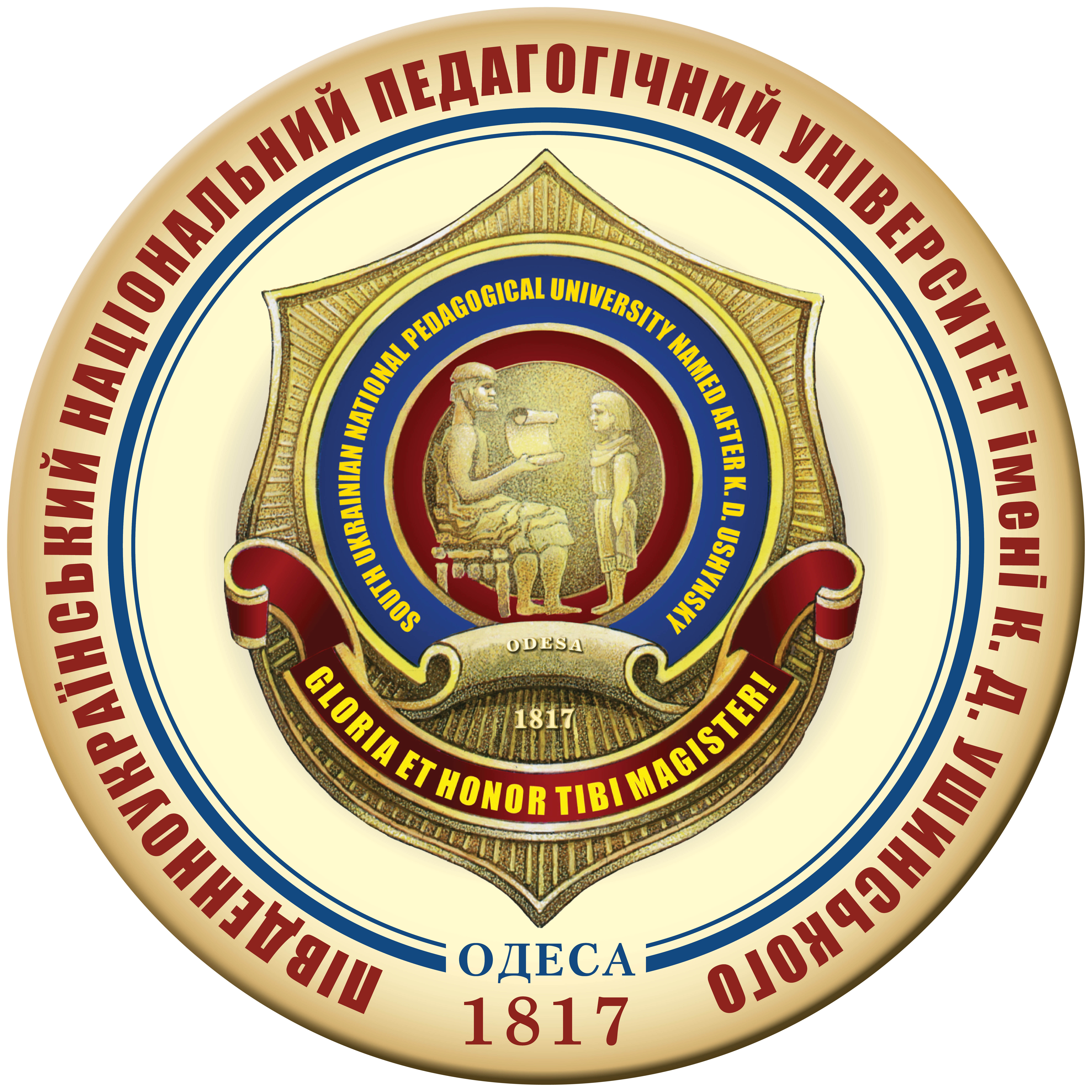MEANING OF THE SCIENTIFIC AND METHODOLOGICAL DISCUSSION OF ANTI-DOPING ACTIVITIES IN SPORT
DOI:
https://doi.org/10.24195/olympicus/2024-3.11Keywords:
scientific research, doping, programs, meaning, study, sports activityAbstract
Conducting anti-doping educational activities is becoming an increasingly important and urgent task in the fight against doping. At the same time, generalization of the state of scientific discussion of antidoping activities in sports requires its own coverage. Purpose: to find out the meaning of the scientific discussion of anti-doping in sports. Methods: theoretical analysis and generalization of data from scientific and methodological literature, abstraction, historical method, comparison. The article uses relevant scientific and methodological information on the issues of content of anti-doping activities and solving scientific and practical problems on the problem of detection and prevention of doping among athletes. Results. Among Ukrainian researchers, a rather small part paid attention to antidoping issues. Among the works of foreign experts, attention to anti-doping issues is naturally higher. The key factor in this is the longer period of focused and organized work in this area. Despite the existence of a small number of anti-doping programs, the overall anti-doping policy in Ukraine is only partially formed. Questions arise as to the content of anti-doping programs and measures among sports participants, to determine their effectiveness, and to justify areas for improvement, control and prevention of doping. Clarifying the degree of scientific discussion of anti-doping issues in sports indicates key issues in the works of Ukrainian specialists related to the general interpretation of antidoping activities, disclosure of general rules and algorithms for combating doping, etc. Foreign experts focus on the modernization of procedures for detecting prohibited substances, biochemical and physiological justification of the ban. The relevance of conducting several studies to prevent the use of doping, implementing educational and preventive work on doping and other violations among sports participants is obvious. Conclusions. Despite the insufficient attention of scientists to the problems of using doping to improve sports performance and anti-doping issues, the whole range of relevant scientific and practical tasks is in the focus of modern public attention.
References
Акуленко Т. М. Особливості відповідальності за вживання допінгу в спорті: міжнародно-правовий аспект. Підприємництво, господарство і право. 2019. № 10. С. 208–213.
Башкін І. М., Корж В. П., Курліщук І. М. Характеристика субстанцій, що входять до міжнародного стандарту ВАДА «Заборонений список». Київ, 2008. 87 с.
Бордюгова Н.В. Правопорушення у спорті: допінг, поняття і історія розповсюдження. Часопис Київського університету права. Київ, 2010. № 1. С. 291–295.
Задорожна О., Хіменес Х. Р., Палатний А. Л. Особливості використання засобів відновлення та стимулювання працездатності у фехтуванні. Науковий часопис Нац. пед. ун-ту ім. М. П. Драгоманова. Київ, 2018. № 2(96). С. 35–39.
Ізмайлова О.В., Щербак Ю.Є. Допінг і боротьба з ним: метод. посіб. Полтава, 2005. 72 с.
Короткий, Т.Р., Хендель, Н. В. Мiжнароднi стандарти у сферi боротьби з допiнгом. Вісник Південного регіонального центру Національної академії правових наук України, Миколаїв, 2020. № 23, 148–154.
Мельніков А., Шинкарук В., Жиров Д. Допінг та його вплив на спортивну конкурентоспроможність. Південноукраїнські мистецькі студії. 2024. № 1. С. 34–37.
Петренко О.І. Предмет та суспільна небезпечність спонукання неповнолітніх до застосування допінгу. Проблеми правознавства та правоохоронної діяльності: зб. наук. пр. Донецьк: ДЮІ. 2004. № 1. С. 94–101.
Руденко В.П. Основні сучасні проблеми допингу у спорті. Педагогіка, психологія та медикобіологічні проблеми фізичного виховання і спорту. 2014. № 6. С. 53–57. https://doi.org/10.6084/m9.figshare.1003976.
Самошкін В., Мелешко В., Гвоздак А., Яковенко А. Допінг у спорті та шляхи протидії порушенням антидопінгового законодавства. Спортивний вісник Придніпров’я. Дніпро. 2020. № 1. С. 142–154.
Шиманова О. В. Етичні проблеми сучасного спорту: лекція з навч. дисципліни «Етика і професійна етика» для студ. спец. 017 «Фізична культура і спорт», 2018. 15 с.
Deng Z., Guo J., Wang D. et al. Effectiveness of the world anti-doping agency's e-learning programme for anti-doping education on knowledge of, explicit and implicit attitudes towards, and likelihood of doping among Chinese college athletes and non-athletes. Subst Abuse Treat Prev Policy, 2022. 17, 31 https://doi.org/10.1186/s13011-022-00459-1.
Garcia J.F., Seco-Calvo J., Arribalzaga S., Díez R., Lopez C., Fernandez M.N., Garcia J.J., Diez M.J., de la Puente R., Sierra M., Sahagún A.M. Online information and availability of three doping substances (anabolic agents) in sports: role of pharmacies. Front Pharmacol. 2023. 14:1305080. https://doi.org/10.3389/fphar.2023.1305080.
Guest N.S., VanDusseldorp T.A., Nelson M.T., Grgic J., Schoenfeld B.J., Jenkins N.D.M., Arent S.M., Antonio J., Stout J.R., Trexler E.T., Smith-Ryan A.E., Goldstein E.R., Kalman D.S., Campbell B.I. International society of sports nutrition position stand: caffeine and exercise performance. J Int Soc Sports Nutr. 2021. № 2. 18(1), 1. https://doi.org/10.1186/s12970-020-00383-4.
Heuberger J.A.A.C., van Eenoo P., Rotmans J.I., Gal P., Stuurman F.E., Post T.E., Daniels J.M.A., Ram H., de Hon O., Burggraaf J., Cohen A.F. Sensitivity and specificity of detection methods for erythropoietin doping in cyclists. Drug Test Anal. 2019. 11(9). Рр. 1290–1301. https://doi.org/10.1002/dta.2665.
Hurst P., Ring C., Kavussanu M. Moral values and moral identity moderate the indirect relationship between sport supplement use and doping use via sport supplement beliefs. J Sports Sci. 2022, 40(10). Рр. 1160–1167. https://doi.org/ 10.1080/02640414.2022.2053387.
Hurst P., Ring C., Kavussanu M. Ego orientation is related to doping likelihood via sport supplement use and sport supplement beliefs. Eur J Sport Sci. 2022. № 22(11). рр. 1734–1742. https://doi.org/10.1080/17461391.2021.1995509.
Lundby C., Robach P., Saltin B. The evolving science of detection of 'blood doping'. Br J Pharmacol. 2012, 165(5). Рр. 1306–1315.
Morente-Sánchez J. Doping in sport: a review of elite athletes’ attitudes, beliefs, and knowledge. Sports Medicine. 2013. pp. 395–411.
Negro F., Di Trana A., Marinelli S. The effects of the COVID-19 pandemic on the use of the performance-enhancing drugs. Acta Biomed. 2022. 19, 92(6). e2021401. https://doi.org/10.23750/abm.v92i6.12377.
Overbye M., Knudsen M.L., Pfister G. To dope or not to dope: Elite athletes’ perceptions of doping deterrents and incentives. Performance Enhancement & Health. 2013. pp.119–134.








